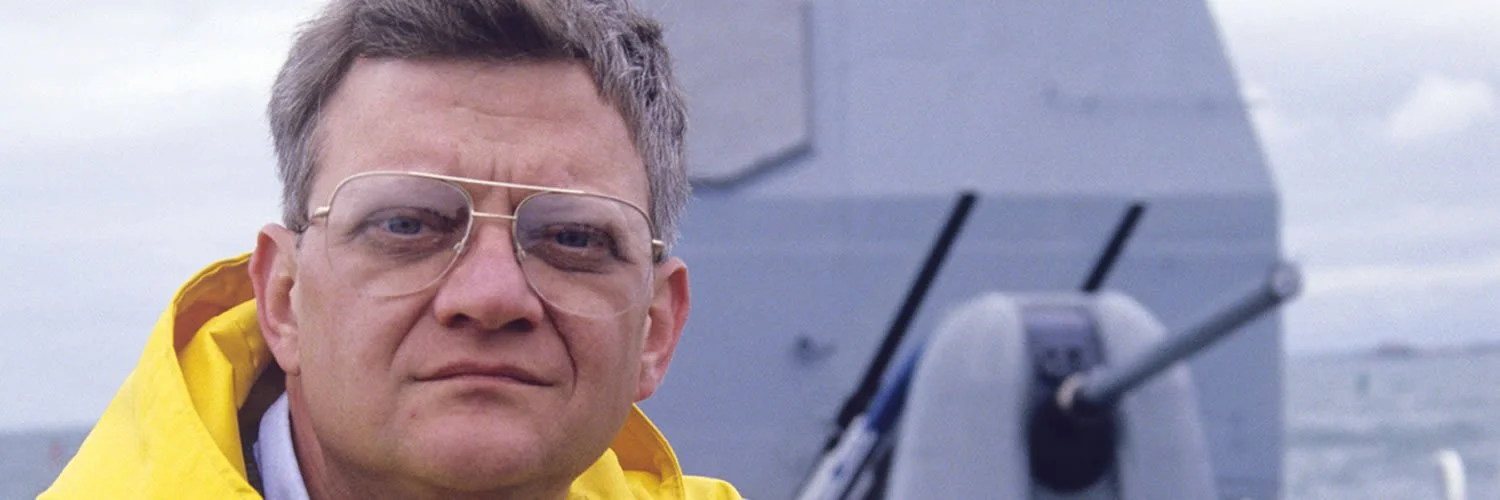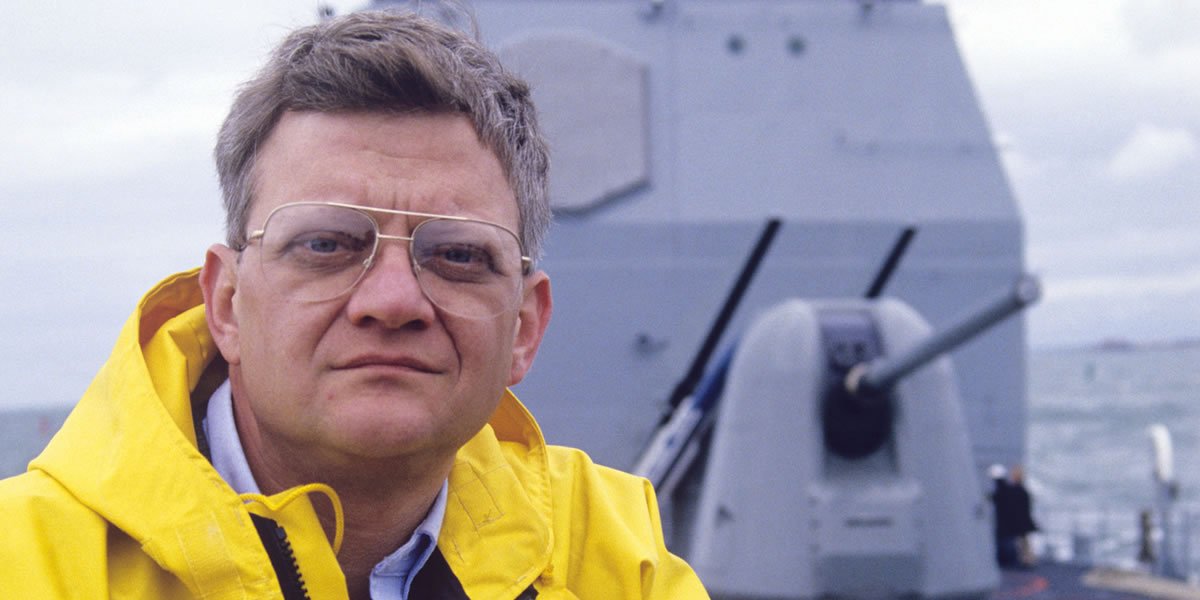Sometime during late 1985, I was a new employee at the Central Intelligence Agency (CIA). While working in the video library, indexing and cataloging video, I picked up a recording of a Maryland insurance salesman. The VHS cassette contained a presentation by a new novelist who had spoken in the CIA’s auditorium, the “Bubble,” which I noticed was overflowing.
This guy, Tom Clancy, had written The Hunt for Red October, a new best-seller fueled by the now famous “my kind of yarn” review from President Ronald Reagan.
His talk was fascinating. Not because he was a famous author with a new string of best sellers. He wasn’t yet. He didn’t profess any expertise in world events. What did he know more than his audience, he confessed.
It was fascinating because he was just a guy. As he said, what could a salesman from Maryland say to the CIA? He talked without notes about writing his book, his persistence to get it written, and how his life was changing. Humble and somewhat in awe, he reached the end of his time. Then he paused, looked at the audience, and said something that has stayed with me — as long as he writes, the CIA will be the good guys.
I watched the tape several times.
Having been at the Agency for less than a year, I was still in my mental honeymoon period. The requirements of a secret agency and profession understandably create a demanding environment. I discovered you needed fortitude to work in intelligence and at the CIA. It was a favorite punching bag of the media, deserved or not.
To hear a guy say we were the good guys, the heroes, and he would acknowledge that in his books, meant a lot to me then and now.
I vowed to do the same decades later as I decided to become a thriller writer and started my first book Secret Wars: A Espionage Story. No “Call Agent X. He/she is the only person who can save the world.” Instead, my heroes would be as accurate as I could create.
One review said I used a little “poetic license” in Secret Wars. I agree.
In my first draft, I read articles on how to build the elements of a character. Then, I studied Myers Briggs and other personality tests to better understand human psychology. I wanted “realism” — if my main character was an ENTJ. I thought I should put that person with a compatible personality type. Fortunately, I tossed that aside and decided to just write.
I considered myself an “observer.” There are bad people in the CIA, like anywhere else. I would try to capture them. If they were mentors, then I would do the same. My CIA characters would be people doing a meaningful, substantive job in a difficult situation.
I spent my career in intelligence, studying the core competencies, functional attributes, and traits needed for people to work in intelligence. I have written and presented on these topics.
I knew my intelligence characters would be insatiably curious. Intuitive. Critical thinkers. They would communicate, in writing and in person, perfectly. They would be subject matter experts. They would understand how the intelligence process works — targets, assessment, collection, analysis, and reporting. They would work alone or in groups with the same skill and success. They would be expert marksmen and special ops professionals when needed.
For me, good espionage fiction needs believable characters. I know quite a few!


